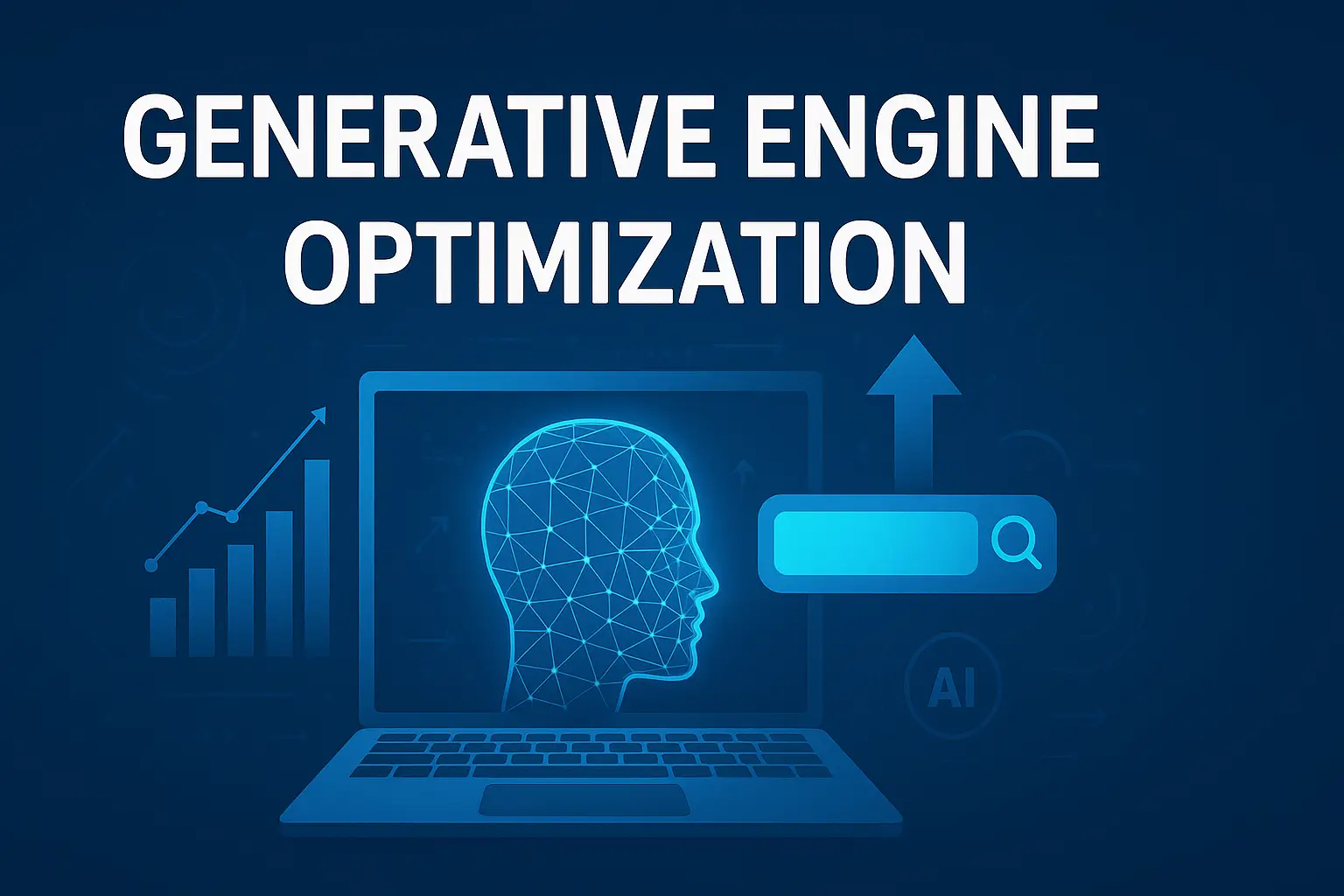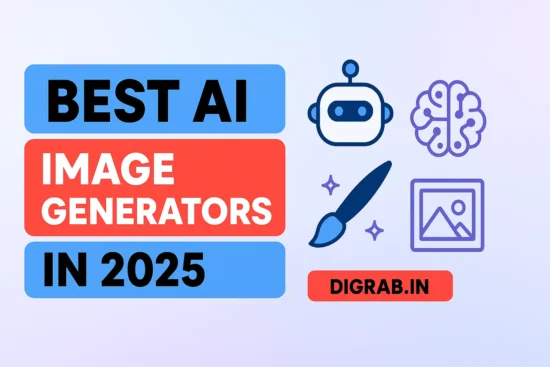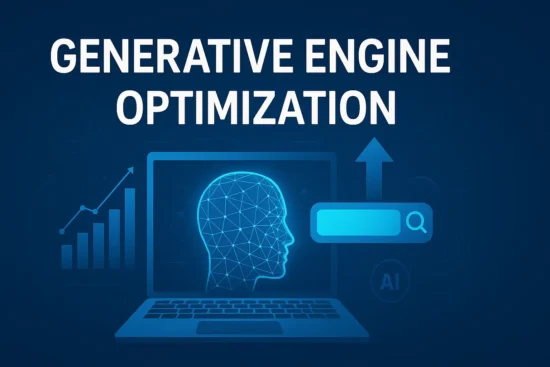
Why GEO Is the Next Big Thing in SEO
The realm of search is changing very quickly. With tools powered by AI such as Google’s Search Generative Experience (SGE), ChatGPT, Perplexity and Claude becoming very prominent, people do not just depend on usual search engine result pages (SERPs) anymore.
Instead, they’re getting instant answers directly from AI chatbots and smart assistants
What Is Generative Engine Optimization (GEO)?
Generative Engine Optimization is the process of structuring and crafting content so that AI-powered search systems can accurately retrieve and use it in their generated answers.
Unlike traditional SEO, where the goal is to rank high on SERPs, GEO focuses on being referenced directly inside AI-generated responses — making your brand or website the go-to source for machine-generated insights.
📌 Example:
When someone asks ChatGPT “What are the best AI SEO strategies?”, GEO-optimized content has a higher chance of being directly cited in the answer.
Why GEO Matters in 2025
Here’s why GEO is becoming critical:
- Rise of Zero-Click Searches – AI tools deliver answers without users visiting the website.
- New User Behavior – More people ask questions in a conversational style instead of typing short keywords.
- AI Trust Signals – AI tends to cite authoritative, well-structured, fact-based content.
- First Mover Advantage – Few websites have adapted for GEO, so early adopters can dominate.
💡 Stat to Note: By 2027, over 40% of all online searches are expected to be AI-driven.
GEO vs Traditional SEO: The Key Differences
| Aspect | Traditional SEO | Generative Engine Optimization (GEO) |
| Goal | Rank high on SERPs | Get cited in AI-generated answers |
| Optimization Focus | Keywords, backlinks, meta tags | Conversational queries, structured data, E-E-A-T |
| Traffic Source | Clicks from organic search | AI mentions and citations |
| Competition | Compete with 10–15 results | Compete for 1–3 AI references |
| Measurement | CTR, organic visits | AI citation frequency, brand visibility in AI responses |
How to Optimize for GEO (Step-by-Step Guide)
Step 1: Target Conversational & Long-Tail Queries
Generative engines work best with natural language. Optimize for full questions and context-rich queries.
✅ Example GEO keyword targeting:
- “What is generative engine optimization in SEO?”
- “How to optimize for AI search engines in 2025”
- “Best GEO strategies for online businesses”
Step 2: Build Topical Authority
AI trusts sources with deep, consistent coverage of a subject. Create content clusters around your niche.
Example for AI Marketing niche:
- How AI changes keyword research
- AI content optimization tools in 2025
- Predictive analytics in AI SEO
Step 3: Use Structured Data & Schema Markup
Structured data helps AI understand your content better.
Add:
- FAQ Schema
- HowTo Schema
- Article Schema
📌 Tools: Schema.org, Rank Math, Yoast SEO
Step 4: Write Direct, Fact-Based Answers
AI pulls clear, concise definitions. Create one-sentence explanations for key terms.
Example:
Generative Engine Optimization (GEO) is the process of optimizing web content to be easily found, understood, and cited by AI-driven search engines and chatbots.
Step 5: Strengthen E-E-A-T (Experience, Expertise, Authoritativeness, Trustworthiness)
- Experience – Share real-life case studies.
- Expertise – Include author bios & credentials.
- Authoritativeness – Get backlinks from reputable sites.
- Trustworthiness – Avoid misleading claims.
GEO Tools You Should Use in 2025
| Tool | Purpose |
| Perplexity AI | See how AI references websites |
| Google Search Console (SGE) | Track AI search impressions |
| Frase / SurferSEO | Optimize for AI queries |
| Schema Markup Generators | Add structured data easily |
Common GEO Mistakes to Avoid
- Over-optimizing with keywords – AI prefers natural writing.
- Neglecting factual accuracy – AI avoids unreliable sources.
- Ignoring schema markup – Limits AI’s understanding of your site.
- Writing thin content – AI prefers comprehensive answers.
8. The Future of GEO: Where We’re Headed
Over the next few years:
- AI algorithms will prefer sources with multimedia content — images, videos, and podcasts.
- Voice search integration will increase — GEO content should be voice-friendly.
- Agentic AI systems (AI agents browsing the web) will favor machine-readable, well-structured sites.
By adopting GEO early, you position your brand as a trusted AI reference point — just as early SEO adopters once dominated Google rankings.
Final Takeaway
Generative Engine Optimization isn’t just another SEO trend — it’s the future of search marketing.
If you start today by:
- Targeting conversational queries
- Building topical authority
- Adding structured data
- Writing clear, fact-based content
…you’ll ensure your site not only ranks on search engines but also appears inside the answers people actually see in AI-driven platforms.




Leave a Reply